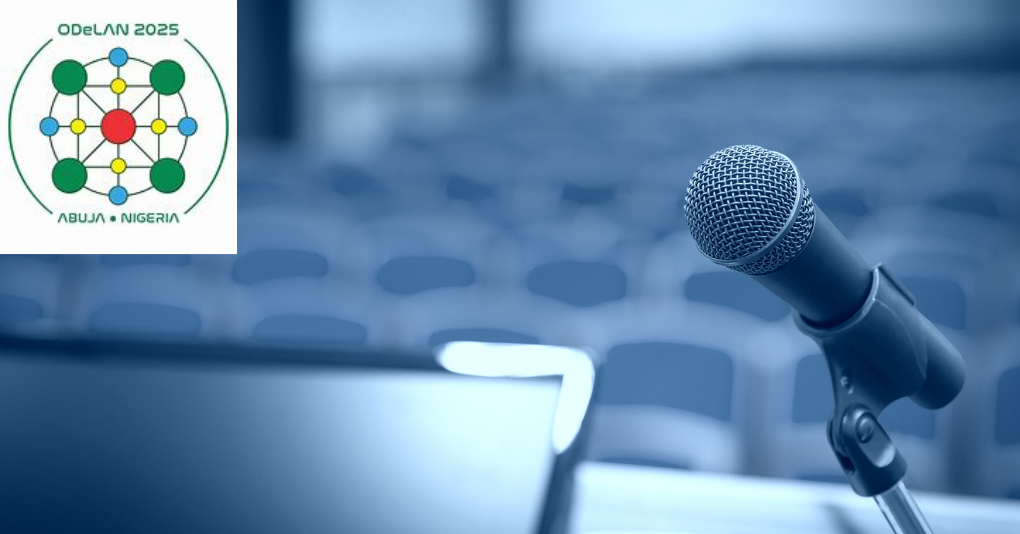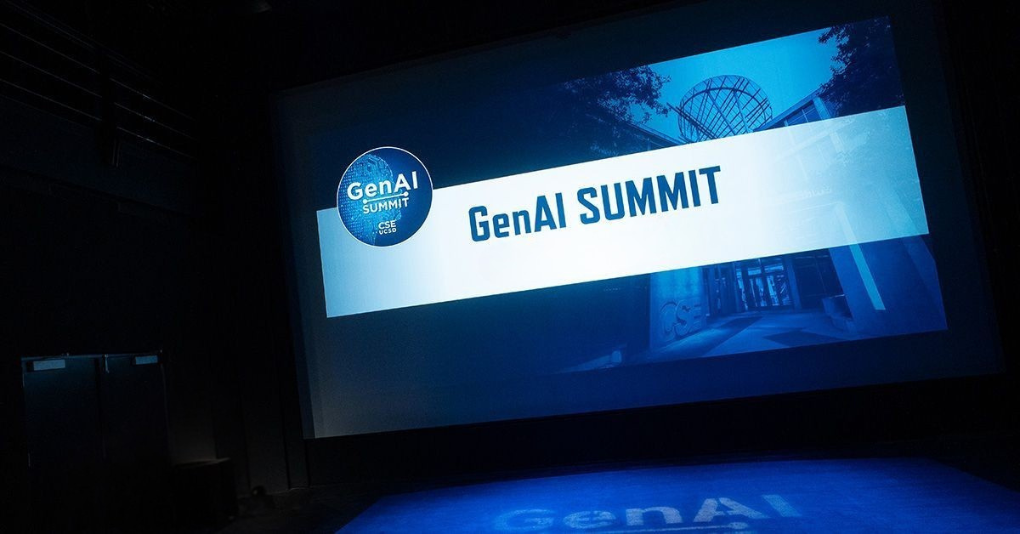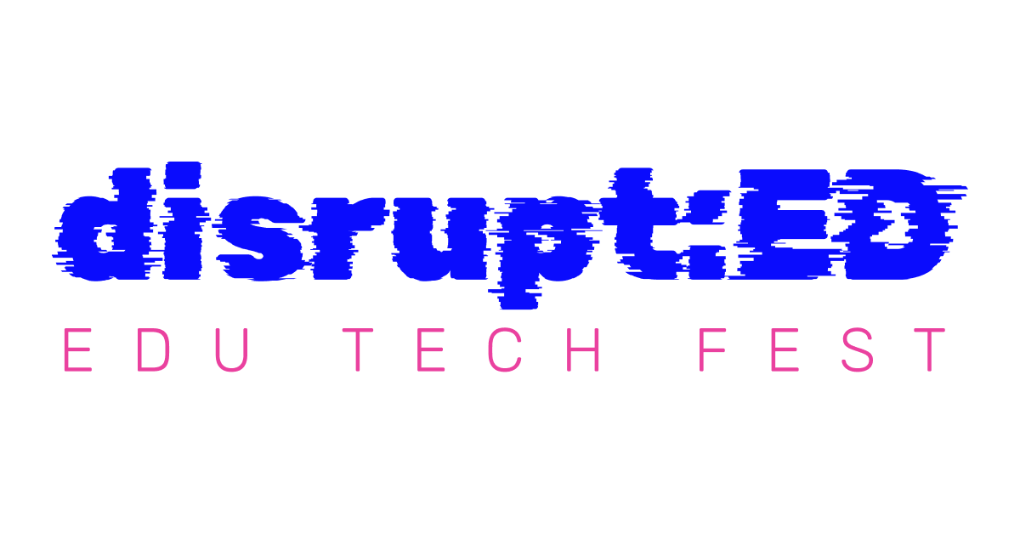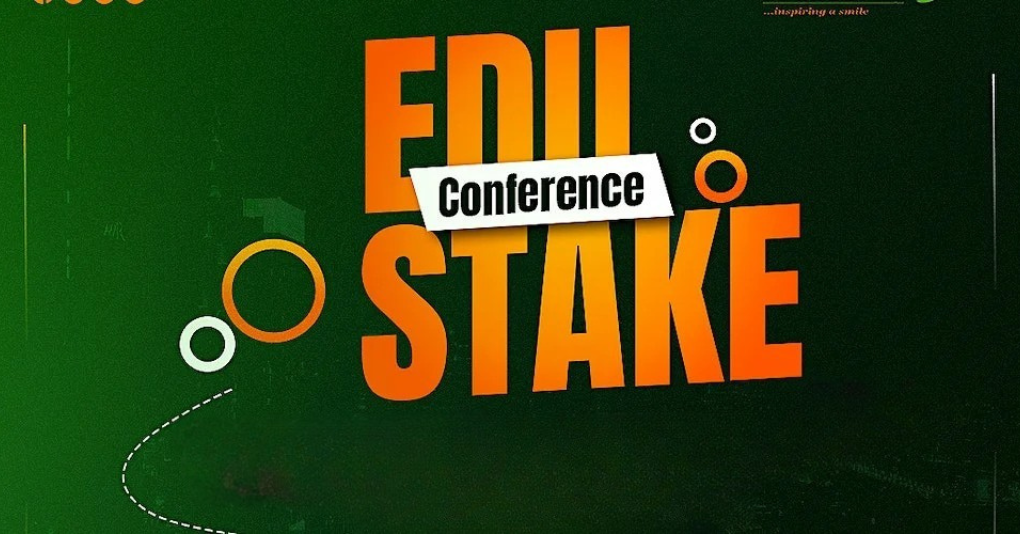The Open, Distance and eLearning Association of Nigeria (ODeLAN) and the National Open University of Nigeria (NOUN) will host the 3rd ODeLAN International Conference 2025 in Abuja, Nigeria, from 14th to 16th May 2025, at the NOUN Conference Centre.
The Conference which takes place annually is a leading national and international conference on open, distance and technology-enabled learning.
The conference will be a hybrid event to ensure accessibility to as many participants as possible. Further details about the in-person and virtual options as well as registration and abstract submission information, will be available soon.
The 3rd ODeLAN International Conference with the theme Adaptive pedagogies for the future of education: Connecting learners, Technologies and Communities comes up from 13-17 May 2025.
As the world rapidly changes, education must evolve to prepare students for future challenges. The imperatives of adaptive pedagogies, combined with technology and community connections, can help develop critical 21st-century including digital literacy, innovativeness, creativity, and problem-solving. These skills among several others are now essential elements for success in an increasingly complex and interconnected world.
By focusing on adaptive pedagogies that connect learners, technologies, and communities, this conference theme addresses key aspects of educational innovation necessary for shaping the future of learning and society. It challenges educators, researchers, and policymakers to explore innovative approaches that can create more responsive, engaging, and effective learning experiences for all students, in practical and evident ways beyond the realm of theories.
Sub-Themes
Within the conference’s main theme, six sub-themes that cover a broad range of areas that will be of interest to all ODeL stakeholders, and others interested in education for the future, have been identified. The conference will address issues and challenges in pre-tertiary and tertiary, formal, non-formal and informal learning contexts reflecting a wide array of issues from policy interventions to practical innovations to prepare learners for the future of education and enabling them to contribute to achieving development and sustainability goals espoused in the United Nations’ Sustainable Development Goals and the Africa Union’s Agenda 63.
Paper presentations are grouped around six sub-themes or tracks that interface around three critical areas, learners, technologies and communities. Suggested areas of focus, though not limited to those listed under each track, are provided below.
We invite submissions for abstracts of papers to be considered for presentation at the 3rd ODeLAN Conference, from all categories of interested contributors, including students researchers, policymakers, and practitioners. Carefully review the following guidelines before submitting your abstract.
Abstract Content
- Length: Abstracts should be between 200 –250 words, author details, and references.
- Provide 3-5 keywords related to the topic
- Abstracts should include:
- Clear and concise title reflecting the core idea of the presentation.
- A brief introduction outlining the purpose and background of the work.
- A concise description of the methods or approach used (if applicable).
- Key results or findings, highlighting the most significant contributions and relevance to the sub-theme identified.
- Language: Abstracts must be written using British English.

Submission Process
All abstracts must be submitted online via the link for each track specified below. For full details about each track, see the Theme and Sub-themes page. The deadline for submission is 31st January 2025. Please refer to our Important Dates for a detailed timeline.
Track 1: Policy, Management and Infrastructure
This track focuses on the essential frameworks and structures necessary for effective e-learning. It encompasses the development of comprehensive e-learning policies, the establishment of robust digital infrastructures, and the implementation of cybersecurity measures to protect online educational environments. Additionally, it addresses issues of access and equity in online education, emphasizing the need for partnerships that foster sustainable e-learning infrastructures. The track also explores the regulatory landscape surrounding artificial intelligence in education and how learning analytics can inform decision-making processes.
- e-Learning Policy Framework
- Digital Infrastructure Development for Online Learning
- Cybersecurity in e-Learning Environments
- Access and Equity in Online Education
- Partnerships for Sustainable e-Learning Infrastructure
- Policy and Regulation for AI in Education
- Transforming Teaching and Learning Through smart Education Pathways
- Learning Analytics for Decision Making and Support Systems.
Track 2: Learning Design, Delivery Systems and Pedagogical Practices
This track emphasizes innovative approaches to course design and delivery in digital learning environments. It includes effective online course design, innovative teaching methods, and the integration of gamification and collaborative learning strategies. Assessment practices tailored for online education are also a key focus, alongside the use of emerging tools to enhance Open Distance e-Learning (ODeL). The track aims to optimize blended learning experiences, ensuring that pedagogical practices are adapted to meet diverse learner needs while incorporating STEM and digital humanities perspectives.
- Effective Online Course Design and Delivery
- Innovative Teaching Methods for Digital Learning
- Gamification and Simulation in e-Learning
- Collaborative Learning in Online Environments
- Assessment and Evaluation in Online Education
- Using Emerging Tools for Enhanced ODeL Delivery
- Transforming Teaching and Learning Through Smart Education Pathways
- Optimising Blended Learning for Improved Access, Retention and Completion
- STEM
- Digital Humanities
Track 3: Technology and Innovation
Focusing on the intersection of technology and education, this track examines how emerging technologies can transform teaching and learning processes. It covers topics such as artificial intelligence, virtual and augmented reality, and mobile learning accessibility. The role of learning analytics in driving data-informed decision-making is highlighted, alongside discussions on current trends in educational technology. This track also considers the implications of AI on teaching quality within Open Distance Learning (ODL) contexts and encourages innovative practices that enhance online educational systems.
- Artificial Intelligence in Education
- Virtual and Augmented Reality in e-Learning
- Mobile Learning and Accessibility
- Learning Analytics and Data-Driven Decision Making
- Emerging Trends in EdTech
- Cybersecurity in e-Learning Environments
- Impact of AI on the Quality of Teaching and Learning in ODL
- Leveraging Learning Analytics for Personalised Learning in ODeL
- Innovate, Integrate, inspire: Enhancing Online Systems and Practices
Track 4: Curriculum Design, Employability and Industry Needs
This track addresses the alignment between educational curricula and the evolving demands of the workforce. It emphasizes the importance of equipping students with digital skills necessary for future employment while promoting online professional development for educators. The track explores entrepreneurship within e-learning contexts and highlights industry-academia partnerships aimed at skills development. Additionally, it focuses on preparing students for the digital economy by fostering digital literacy that supports effective Open Distance Learning (ODL) practices.
- Digital Skills for the Future Workforce
- Online Professional Development for Educators
- Entrepreneurship and Innovation in e-Learning
- Industry-Academia Partnerships for Skills Development
- Preparing Students for the Digital Economy
- Digital Literacy for Effective ODL Practice
Track 5: Research and Development
This track is dedicated to advancing research methodologies specific to e-learning environments. It investigates the impact of online learning on educational outcomes while addressing the unique needs of learners in digital settings. Topics include best practices in online education research, methodologies for studying digital learning environments for special needs populations, and considerations regarding language and cultural diversity in e-learning contexts. The track also examines how artificial intelligence is revolutionizing research practices within education.
- e-Learning Research Methodologies
- Investigating the Impact of Online Learning
- Digital Learning Environments for Special Needs
- Language and Cultural Considerations in e-Learning
- Best Practices in Online Education Research
- The Artificial Intelligence Revolution in Research
Track 6: Inclusive Education and Sustainability
Focusing on inclusivity and sustainability within education, this track explores culturally responsive Open Distance e-Learning (ODeL) practices tailored to diverse communities. It emphasizes the role of learning analytics in supporting decision-making processes that promote inclusivity. Mental health support for learners and facilitators is highlighted as a crucial component of inclusive education. Additionally, this track discusses how digital learning can contribute to sustainable development goals, advocating for green education initiatives that equip students with skills relevant to a sustainable economy.
- Culturally Responsive ODeL: Tailoring Education to Diverse Communities.
- Learning Analytics for Decision Making and Support Systems
- Mental Health as an Inclusive Educational Support for Learners and Facilitators
- Digital Learning for Sustainable Development
- e-Learning for Inclusive Education
- Education for Sustainable Development (Green Education)
- Skills adaptable to Green Economy
Registration procedure
The fees include conference materials, coffee breaks and lunches on the main conference days (14 – 16 May). The above-mentioned fees do not include pre-conference events, accommodation, or travel costs
Step 1: Make payment
Account Details
Account Name: Open, Distance & e-Learning Association of Nigeria (ODeLAN)
Bank: First Bank
Account Number: 2042218373
Step 2: Complete the registration form
Share this post





Be the first to comment on this post